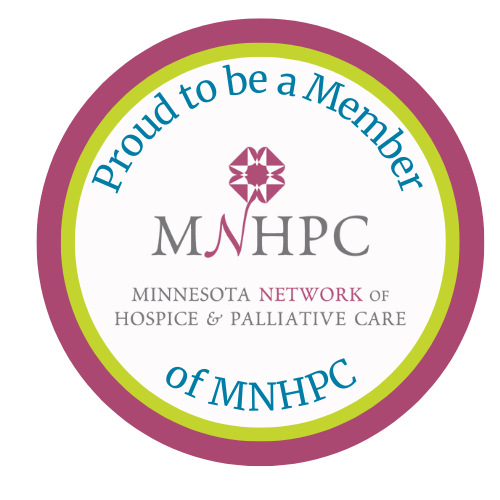|

Spiritual Support and Palliative Care
Incorporating Beliefs and Values into Care
Sometimes, with serious illness the emotional and spiritual suffering are every bit as intense as the physical discomfort. Clinicians realize that meeting spiritual, religious and cultural needs are an important part of the care provided to patients and
their families.
Many palliative care teams include a professional board-certified chaplain who helps ensure that a person’s beliefs and values are part of their care plan. They are skilled at helping patients and families ensure that religious or cultural practices are respected and observed. They can be a safe resource for sharing religious or spiritual concerns that arise when faced with serious illness.
When should you request a chaplain? When you:
- Receive bad news;
- Are anxious about an upcoming treatment or surgery;
- Are feeling lonely and isolated from your family and community;
- Feel you may have lost touch with the meaning and purpose of your life;
- Feel your religious or spiritual beliefs and practices are not helping you cope as much as you would hope;
- Feel you might want to be reconnected to a faith community;
- Are having trouble communicating with your family or your health care team;
- Have to make decisions about your care and are having trouble sorting out your thoughts;
- Want help continuing important religious or spiritual practices while in the hospital;
- Want someone to reach out to your religious or spiritual community for you;
- Have cultural practices that you would like to engage in or have part of your care.
Source: Center to Advance Palliative Care (CAPC)
|













